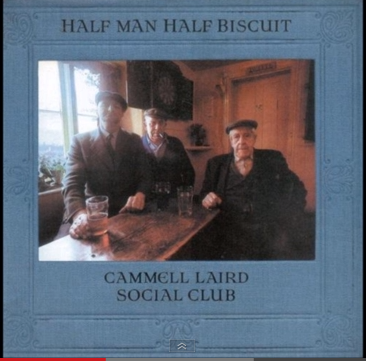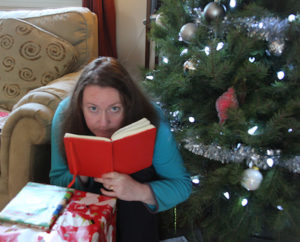OK, so everyone’s been raving about this collection, The Tenth of December by George Saunders.
I’m such a skeptic about hype that it was with some trepidation that I plunked down my money and opened the book.
But: wow. If the first story is anything to go on, this is going to be one fabulous collection.
Victory Lap is a supreme example of ‘show, don’t tell’. If you’ve ever wondered what that piece of well-worn advice means, run to your bookshelf and grab this (you probably bought it when people were first raving about it instead of, like me, pretending to be too cool).
The story starts in the voice of a fourteen year old girl who is coming down the stairs in her house, consumed with her own, fourteen-year-old fantasies of herself: still childlike but on the verge of adult-issues. It so thoroughly captures the inner voice of a teenage girl that it is disorienting, but you adjust quite quickly.
Just as you’re getting comfortable with this voice, it switches into the head of the boy next door, who our hero has spotted through the window, just before the inciting incident of the story.
The boy next door is equally well-realized, equally complex and oh, so painfully awkward. Told only in his inner thoughts, the author builds up a picture of his home-life: the only child of extremely protective, ambitious and unbearable parents; a good boy whose parents are (perhaps unwittingly) perverting that goodness.
I defy you to read this story and not root for the two kids; not have your blood run cold at the thought of what might happen if things don’t go the way you fervently hope they will. Aargh!
Not only does Saunders get right inside the heads of these kids, he brings you along, shows so much without once ‘telling’, and makes you empathize to the point that you’re thinking dark thoughts about what you’ll do to the author if things don’t turn out ‘right’ (or was that just me?).
And that, my friends, is the mark of an excellent story: suck the reader in, make them care, don’t spoon feed them the details, make something happen; make it matter; raise the stakes; write an ending that forces the reader to go on thinking about the ramifications of the events in the story for your characters, long after they’ve finished the story.
Oh, and go and buy a copy of this collection if you haven’t already!


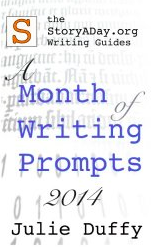
![[Write On Wednesday] Third Grade Word List](https://storyaday.org/wp-content/uploads/2014/04/4488168535_638a4598f4.jpg)

![[Write On Wednesday] The Catalogue Of Disasters](https://storyaday.org/wp-content/uploads/2014/03/Screen-Shot-2014-02-10-at-12.51.10-PM.png)


![[Write on Wednesday] Eons](https://storyaday.org/wp-content/uploads/2014/02/Screen-Shot-2014-02-10-at-1.49.51-PM.png)

![[Write On Wednesday] Time Slowed Down](https://storyaday.org/wp-content/uploads/2014/03/Screen-Shot-2014-02-10-at-1.35.17-PM.png)


![[Write On Wednesday] The Glitterati](https://storyaday.org/wp-content/uploads/2014/03/Screen-Shot-2014-02-10-at-12.31.58-PM.png)

![[Reading Room] Flax-Golden Tales by Erin Morgenstern](https://storyaday.org/wp-content/uploads/2014/03/Screen-Shot-2014-03-06-at-1.18.51-PM.png)
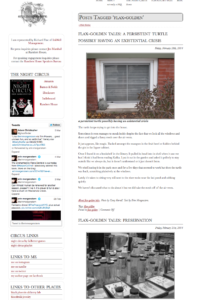
![[Write On Wednesday] Misunderstood](https://storyaday.org/wp-content/uploads/2014/02/Screen-Shot-2014-02-10-at-12.10.36-PM.png)
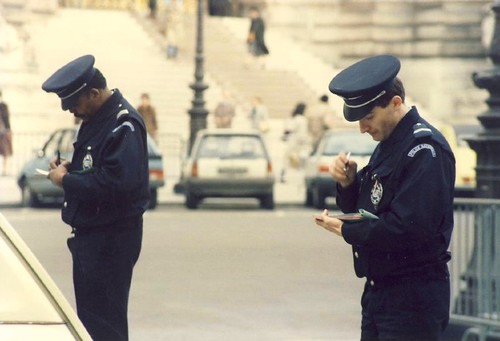

![[Write On Wednesday] The Irritable Author](https://storyaday.org/wp-content/uploads/2014/02/Screen-Shot-2014-02-10-at-11.52.10-AM.png)
![[Write On Wednesday] Sidelong Glances](https://storyaday.org/wp-content/uploads/2014/02/Screen-Shot-2014-02-10-at-12.08.23-PM.png)
